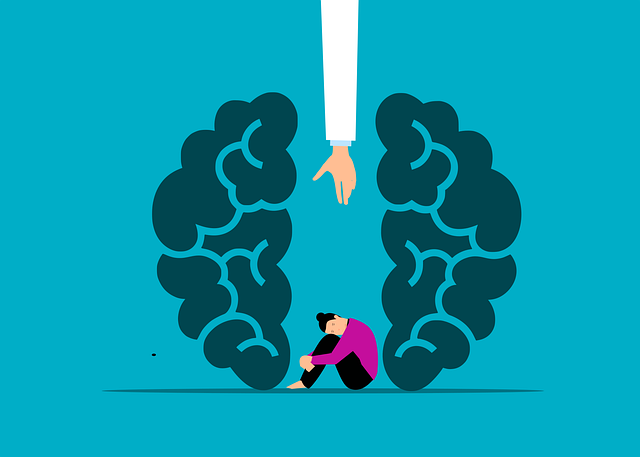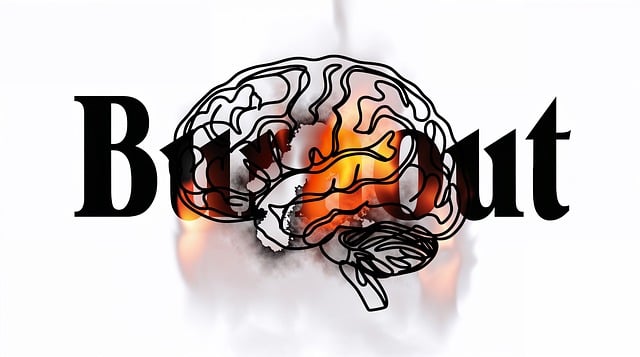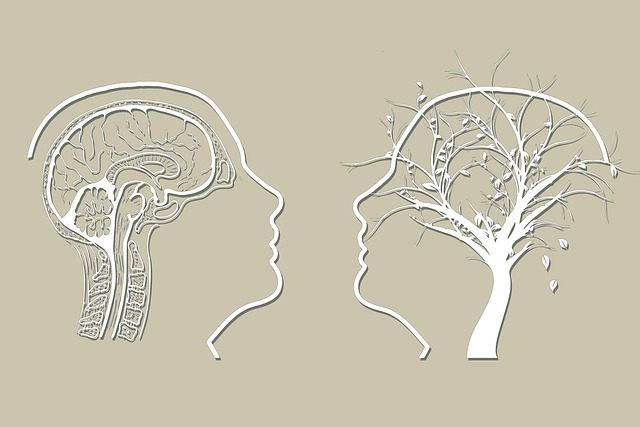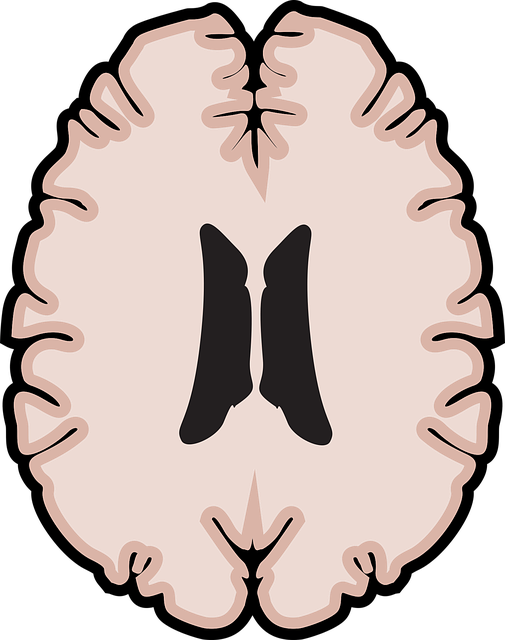Mental wellness coaching is a growing demand in Colorado Springs to address Oppositional Defiant Disorder (ODD) among adolescents. Specialized programs, including Cognitive Behavioral Therapy (CBT), focus on trigger identification, coping mechanisms, and communication skills to manage symptoms and foster inner strength. These modern strategies cater to diverse needs, enhance support systems, and promote mental wellness outcomes. Implementing coaching programs requires strategic planning, regular evaluation, and evidence-based practices like mindfulness and emotional intelligence training. Clear objectives and flexibility ensure participant-centric approaches for Colorado Springs ODD therapy.
In today’s fast-paced world, mental wellness is a cornerstone of overall health, especially for youth. The high prevalence of oppositional defiant disorder (ODD) in Colorado Springs underscores the need for specialized coaching programs. This article delves into the development and implementation of effective therapy models tailored to address ODD, focusing on strategies that enhance youth mental wellness in Colorado Springs. We explore understanding mental health, identifying the specific need for targeted programs, and continuous improvement through evaluation, offering valuable insights for professionals and parents alike.
- Understanding Mental Wellness and Its Impact on Youth
- Identifying the Need for Specialized Programs in Colorado Springs
- Designing Effective Coaching Programs for Oppositional Defiant Disorder (ODD)
- Implementation, Evaluation, and Continuous Improvement Strategies
Understanding Mental Wellness and Its Impact on Youth

Mental wellness is a vital aspect of overall health, especially for youth navigating the challenges of adolescence. In Colorado Springs, Oppositional Defiant Disorder (ODD) is a common concern among young individuals, often manifesting as persistent anger, argumentativeness, and defiance. This disorder can significantly impact a teenager’s daily functioning, relationships, and academic performance if left unaddressed.
Early intervention and specialized therapy, such as Cognitive Behavioral Therapy (CBT), have proven effective in managing ODD symptoms and promoting inner strength development. By focusing on identifying triggers, teaching coping mechanisms, and enhancing communication skills, these programs empower youth to build resilience and improve their mental wellness trajectory. Additionally, risk management planning for mental health professionals is essential to ensure a safe and supportive environment for young clients, fostering anxiety relief and overall well-being.
Identifying the Need for Specialized Programs in Colorado Springs

In Colorado Springs, the demand for specialized mental wellness coaching programs is increasingly evident, particularly in addressing oppositional defiance disorder (ODD). The city’s diverse population faces unique challenges, and access to tailored therapy is crucial. Many residents struggle with behaviors that disrupt daily life, leading to a need for innovative approaches. Traditional methods may not always resonate with individuals seeking support, especially those who benefit from alternative practices like compassion cultivation and mental wellness journaling exercises.
Specialized programs can foster inner strength development, offering a safe space for exploration and growth. By incorporating these modern strategies, Colorado Springs can enhance its support systems, catering to diverse needs. Such initiatives not only cater to ODD but also contribute to overall mental wellness, ensuring residents have access to comprehensive guidance tailored to their specific challenges.
Designing Effective Coaching Programs for Oppositional Defiant Disorder (ODD)

Designing effective coaching programs for Oppositional Defiant Disorder (ODD) requires a tailored approach that addresses both the behavioral and emotional aspects of the condition, especially in vibrant cities like Colorado Springs where access to therapy services is abundant. Coaches play a crucial role in helping individuals with ODD develop healthier coping mechanisms and improve their relationships by fostering self-care practices and emotional intelligence.
Programmes should incorporate evidence-based strategies tailored to each client’s unique needs. This may involve teaching mindfulness techniques, enhancing communication skills, and promoting positive reinforcement systems. By integrating self-care practices into the coaching process, individuals with ODD can learn to manage their symptoms more effectively while also reducing the mental illness stigma they may face. Emotional intelligence training is another vital component, enabling clients to understand and regulate their emotions better, thereby improving their overall mental wellness.
Implementation, Evaluation, and Continuous Improvement Strategies

Implementing a mental wellness coaching program requires careful strategy and continuous evaluation. The first step involves setting clear objectives tailored to the unique needs of participants, such as those seeking Colorado Springs Oppositional Defiance Disorder Therapy. Programs should be designed with flexibility in mind, allowing for adjustments based on individual progress and feedback. Regular assessments are crucial to gauge the effectiveness of the coaching methods employed, ensuring they remain relevant and beneficial.
Evaluation strategies can include pre-post tests, participant surveys, and qualitative interviews. By collecting data on various aspects like mood management, self-care routine development for better mental health, and overall satisfaction, coaches can identify areas that need refining. This ongoing feedback loop fosters continuous improvement, allowing the program to evolve and better support individuals in their mental wellness journeys.
Mental wellness coaching programs tailored for youth, particularly those dealing with Oppositional Defiant Disorder in Colorado Springs, are essential tools for fostering resilience and positive growth. By combining understanding, specialized training, and evidence-based practices, these programs can significantly impact young lives. Through effective implementation, evaluation, and a commitment to continuous improvement, Colorado Springs can offer targeted therapy for ODD, enhancing the mental wellness of its youth and creating a brighter future for all.














